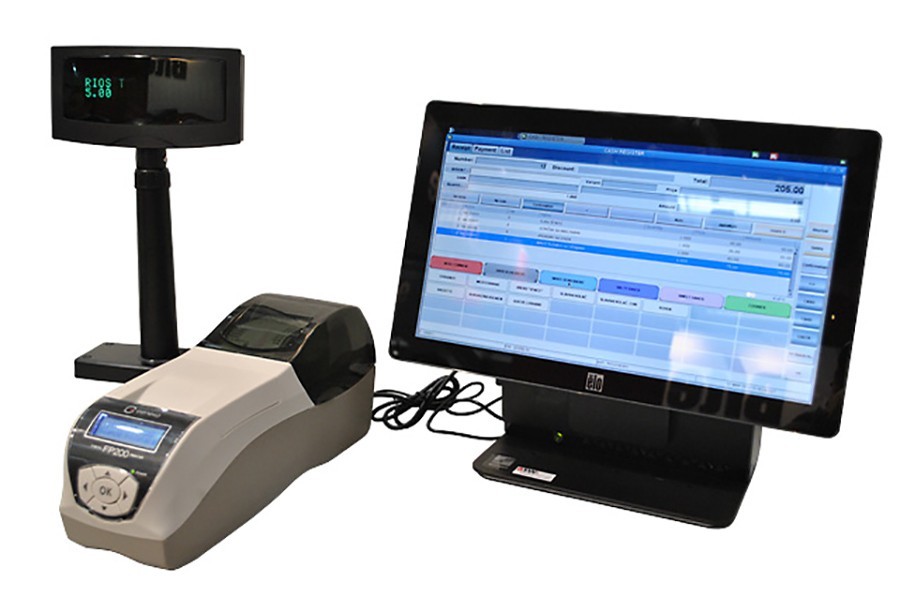
Published :
Updated :

Some 13 types of businesses in city corporation area will have to install Electronic Fiscal Device (EFD) on their premises by November 01, 2018 to keep recorded data on financial transactions.
The National Board of Revenue (NBR) issued an order, dated August 09, 2018 in this regard, making it mandatory for the businesses to install EFD across the country.
However, businesses in district towns will have to install EFD by December 01, 2018.
According to the order issued by VAT policy member Md Rezaul Hassan, Electronic Fiscal Printer (EFP) and Point of Sales (POS) software will be also allowed for the businesses under almost similar technical specification including interconnectivity with the NBR.
Businesses using Electronic Cash Register (ECR) will have to replace it by procuring EFD as per technical specification of the latest order issued by the revenue board.
EFD must have interconnectivity with the Electronic Fiscal Device Management System (EFDMS) of the NBR through Application Programming Interface (API).
The device should be made in such a manner so that it could be activated or deactivated by the NBR through remote control. Proper use of EFD would be monitored and inspected by the NBR.
It must have the programming capacity to exchange information on EFDMS of the NBR.
The operating system of the device should be 'environment android', windows or linux-based. EFDMS will issue its authorisation code and give permission to print receipt for EFD.
Businesses will not be able to print receipt without approved code of NBR.
Each of EFDs will have to be registered against a Business Identification Number (BIN). In case of use of more than one EFD at different counters, the devices have to be registered under the central BIN.
EFD must be connected through SIM along with wifi, fibre optic connectivity. EFD must ensure security of the data stored in fiscal memory and check tampering of the data.
The device should have the capacity to collect VAT in five different rates under the automated system. It must have test mode to work without interruption.
For POS users, all data should be kept on real time basis without changes and should be sent to EFDMS.
The NBR order also gave detailed specification for EFP.
Fiscal receipt, issued by EFD, must have the name and address of business, BIN, cashiers' name and counter number, fiscal device and fiscal memory number, details of product or services, quantity, total and individual prices, rate and amount of VAT and price including VAT in Bangladesh currency.
Also it must have discounts rate, mode of payment (cash, cheque, credit card), authorisation code of NBR, time and date, barcode or QR with BIN, total selling price, VAT rate and amount and price including VAT.
Businesses have to preserve the database of EFD or EFP at least for six years.
According to the order, VAT officials can conduct physical inspection on the business premises, any time, to ensure proper use of EFD and submit a report to the authority within 24 hours.
They would submit report after actual transactions in EFD and VAT returns, issuance of chalan against every transaction and appropriate use of the device.
As per section 37 of VAT law-1991, the VAT authority will take punitive action for not installing the device or not using it properly for evading VAT.
EFD has made it mandatory for residential hotels, restaurants and fast food shops, sweetmeat shops, furniture, dress or boutique shops, beauty parlours, electronic or electrical home appliances, community centres, posh shopping malls, departmental stores, general stores/ super shops, large and medium businesses (retail and wholesale), gold and silver traders.
doulot_akter@yahoo.com


 For all latest news, follow The Financial Express Google News channel.
For all latest news, follow The Financial Express Google News channel.